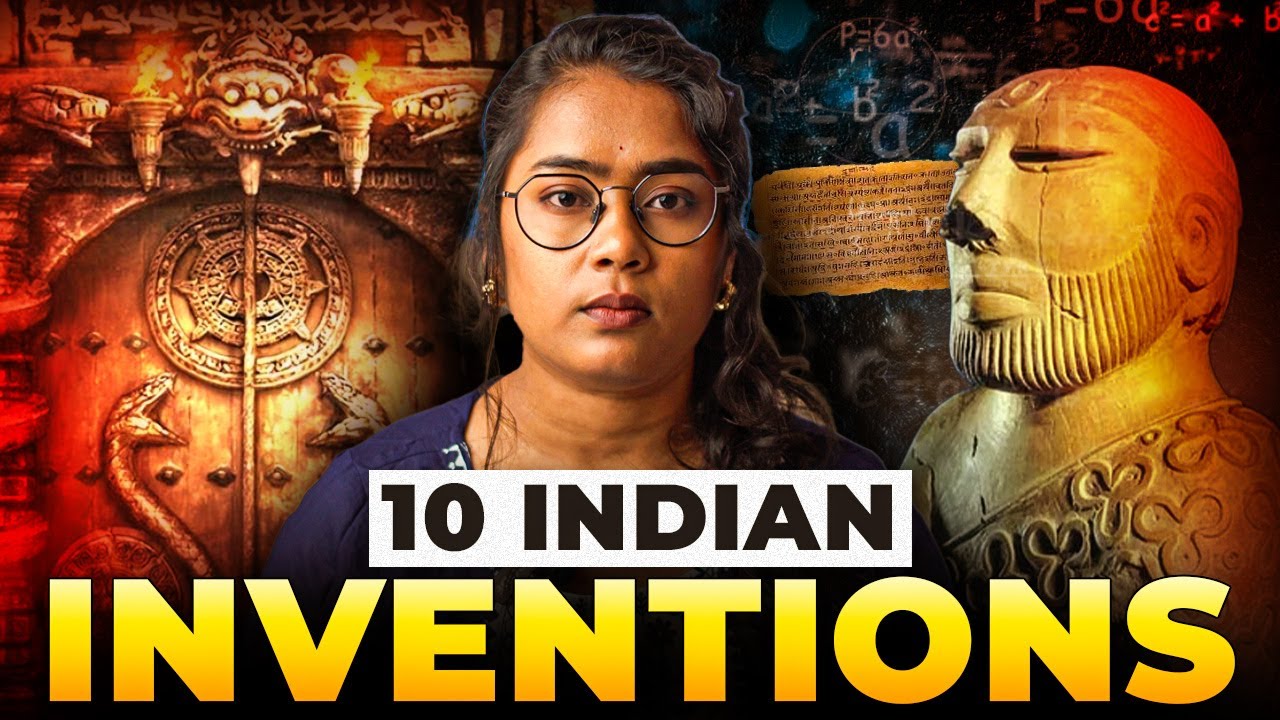How BCCI Became Rich?
Summary
TLDRThe video script delves into the financial and operational dynamics of cricket boards, highlighting the BCCI's significant influence and wealth due to India's massive viewership. It discusses the ICC's role in rule enforcement and international match management, the importance of broadcasting rights and sponsorships in revenue generation, and the BCCI's strategic decisions to maximize its earnings, including the IPL's impact and the board's reluctance to allow Indian players in foreign leagues.
Takeaways
- 🏏 The ICC does not invent cricket or make its rules; it oversees the game's governance and ensures rules are followed.
- 🌐 The West Indies Cricket Board represents multiple countries as a federation, not a single nation.
- 🏦 Australian cricket is managed similarly to a public company, with varying financial statuses among different cricket boards.
- 💰 Financially struggling boards may arrange matches with India to improve their financial situation.
- 📺 The entry of streaming platforms like Netflix into cricket broadcasting could potentially solve financial issues for some boards.
- 🚫 The Indian audience's lack of interest in retired players contrasts with the BCCI's focus on current players and matches.
- 📈 The BCCI's revenue and influence are substantial, with 80% of world cricket's income originating from India.
- 🏆 The BCCI's push for the organization of the World Cup in India stems from a past incident where they were denied tickets for a match.
- 🏛 In democratic countries, the government's role in sports is typically limited to infrastructure and financial support, not management or selection.
- 🏉 The All India Football Federation (AIFF) was banned by FIFA due to government interference in its management committee.
- 🏟 The BCCI operates as a charitable trust with no government involvement, unlike other sports in India that may receive government support.
Q & A
What is the role of the ICC in cricket?
-The ICC does not invent cricket or make rules. Its role is to ensure that the rules are followed, conduct international matches between countries, manage these matches, oversee the salaries of umpires, match referees, commentators, and monitor issues like doping and match-fixing.
Why is the BCCI considered to be a public company?
-The BCCI operates like a public company because it is a well-structured organization that manages cricket in India, including organizing matches, maintaining infrastructure, and handling finances. However, it is actually a charitable trust and not a government entity.
How does the financial disparity between different cricket boards arise?
-The financial disparity arises due to various factors such as the revenue generated from broadcasting rights, sponsorships, and the popularity of cricket in different countries. Some boards are wealthier because they have more resources and larger audiences, like the BCCI.
What is the significance of broadcasting rights in cricket?
-Broadcasting rights are significant because they generate a substantial portion of the revenue for cricket boards. Channels that acquire these rights can show the matches and use the platform to advertise, which is a major source of income.
How does the BCCI's financial strength impact the global cricket economy?
-The BCCI's financial strength has a significant impact on the global cricket economy because a large portion of the world's cricket revenue comes from India. The BCCI's earnings from media rights, sponsorships, and the IPL contribute greatly to the overall cricket economy.
Why do some cricket boards fix matches with India to improve their financial conditions?
-Some boards fix matches with India to improve their financial conditions because the Indian audience is large and the matches generate significant revenue through broadcasting rights, ticket sales, and sponsorships.
What is the role of the Marylebone Cricket Club (MCC) in cricket?
-The MCC is responsible for making and amending the laws of cricket. They have appointed the ICC to oversee the proper management and discipline in the game, ensuring that the rules are followed.
How does the BCCI's independence from government support contribute to its success?
-The BCCI's independence from government support allows it to operate without political interference, ensuring that decisions are made in the best interest of cricket. This has helped the BCCI to grow and manage its resources effectively.
What is the importance of the IPL for the BCCI's revenue?
-The IPL is a significant source of revenue for the BCCI. As a franchise-based league, it generates income through media rights, sponsorships, ticket sales, and other commercial opportunities, contributing to the BCCI's overall financial strength.
How does the BCCI manage its earnings and investments?
-The BCCI manages its earnings through various channels, including the Indian national cricket teams, domestic cricket, and the IPL. It also invests in infrastructure, player development, and other areas to promote cricket in India.
What is the Lodha Committee and its role in the BCCI?
-The Lodha Committee was formed to monitor the BCCI's adherence to its rules and to ensure there is no corruption. It provides recommendations for changes and keeps an eye on the board's activities, although it does not interfere directly in the BCCI's operations.
Outlines

Dieser Bereich ist nur für Premium-Benutzer verfügbar. Bitte führen Sie ein Upgrade durch, um auf diesen Abschnitt zuzugreifen.
Upgrade durchführenMindmap

Dieser Bereich ist nur für Premium-Benutzer verfügbar. Bitte führen Sie ein Upgrade durch, um auf diesen Abschnitt zuzugreifen.
Upgrade durchführenKeywords

Dieser Bereich ist nur für Premium-Benutzer verfügbar. Bitte führen Sie ein Upgrade durch, um auf diesen Abschnitt zuzugreifen.
Upgrade durchführenHighlights

Dieser Bereich ist nur für Premium-Benutzer verfügbar. Bitte führen Sie ein Upgrade durch, um auf diesen Abschnitt zuzugreifen.
Upgrade durchführenTranscripts

Dieser Bereich ist nur für Premium-Benutzer verfügbar. Bitte führen Sie ein Upgrade durch, um auf diesen Abschnitt zuzugreifen.
Upgrade durchführenWeitere ähnliche Videos ansehen

How India Stole and Killed Cricket | Full Documentary

Why did Virat Kohli retire from Test?

How Much Money Did Major League Cricket Make in 2023? TV Ratings, Social Media Engagement

Why India was called 'SONE KI CHIDIYA' and who DESTROYED Indian Economy in the Pre-1947 Era

World Cup T20 2024: Can India Win Again or Will South Africa Make History? Insights & Predictions!!!

10 Greatest & Unpopular Indian Inventions | Keerthi History
5.0 / 5 (0 votes)
